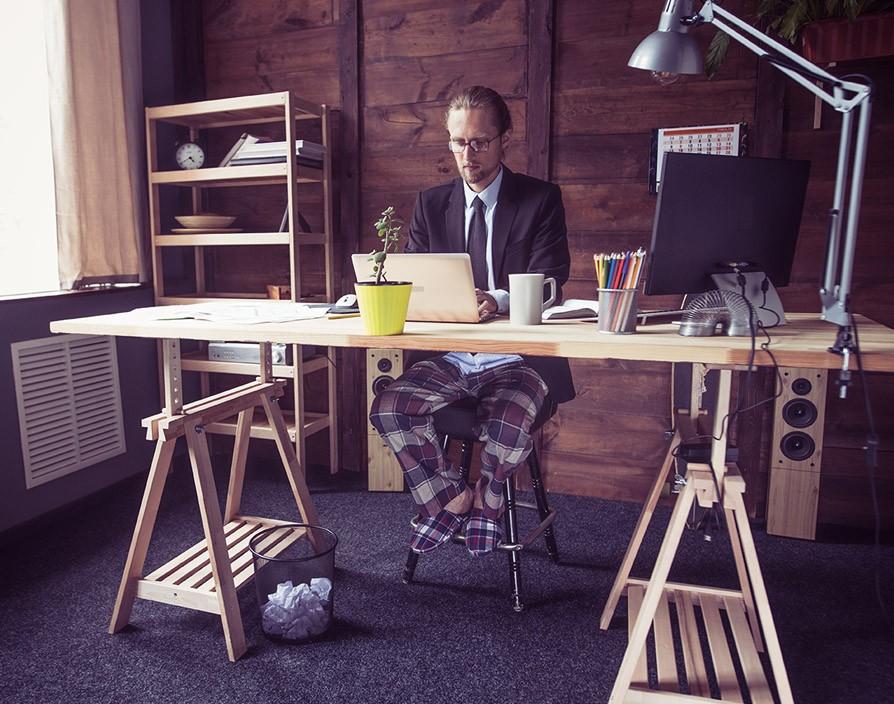Anyone that knows me, will know that I’m not a big fan of bankers and the like, but every now and again they come out with an ounce of common sense that I can’t help but agree with.
I am convinced that the working from home epidemic will continue to eat away at our economy and our ability to apply the agility and creativity that our businesses need. And the bosses at major city firm BlackRock share the same view, after sending a memo to its people saying, ‘Career development happens in teaching moments between team members, and it is accelerated during market-moving moments, when we step up and get into the mix. All of this requires us to be together in the office.’ That’s absolutely spot on.
Ideas and decisions sometimes made on the hoof, in small, unplanned huddles can be the difference between success and failure in fast moving businesses. Trust me, nothing beats the hustle and bustle of a thriving office, where ideas bounce around like a table tennis ball. Collaboration and creativity thrive when we’re all in the same room, sparking off each other like fireworks on Bonfire Night.
But when they’re stuck at home, isolated from colleagues, the fire fizzles out.
Innovation takes a nosedive, and that means our economy suffers. We need those bright minds coming together, stirring the pot and cooking up new ideas that’ll make Britain shine on the global stage. Working from home puts a dampener on that.
The Chancellor, Jeremy Hunt also agrees. He recently told the British Chambers of Commerce conference that there’s nothing like sitting round the table, seeing people face to face and developing team spirit. Frustratingly, a growing number of workers continue to fight against common sense.
New research from a business called Unispace says that 60 percent of employees are choosing to work remotely or in a hybrid way, rather than commute to city centres five days a week. When the survey was carried out, just 26 percent of employees were working full-time in an office. These numbers paint a grim picture of a nation slowly but surely sinking into the quicksand of remote work. I ain’t no economist, but I know a thing or two about business, this trend will wreak havoc on the economy, continuing to eat away at our productivity and competitiveness.
Home workers constantly argue back they are more productive in their PJs, but I’d say that only covers their housework and ability to smash their way through a Netflix series. Working from home may sound all cozy and convenient, but it is damaging to our businesses as well as our mental health. Remote work has turned us into isolated islands, cut off from the social fabric that holds us together.
Loneliness is a silent assassin, creeping into their lives as they sit alone at their kitchen tables. The mental health impact is serious. People need human interaction, the camaraderie that comes from being part of a team. We’re social creatures, for crying out loud! Working from home denies us that basic need, and it’s tearing us apart.
But it does look like the cracks are starting to appear in the ‘Working Less From Home’ argument. A recent study from a software firm found that just under 40 percent of office workers now say they are struggling with the downside of working remotely, with less time spent with co-workers cited as the biggest downside. One in ten, according to the survey, blame mental health problems on home working.
And going back to the Unispace study, more than three quarters of respondents indicated it was easier to bond with and get to know their colleagues in the office.
So, there you have it. Working from home might be more convenient for some, but it brings its dangers. It’s silently devastating the British economy and society. We can’t afford to let the flame of creativity and collaboration die out. We have to rescue and reignite the magic of the workplace, where ideas flourish, friendships are forged, and our great nation thrives.
Share via:









































